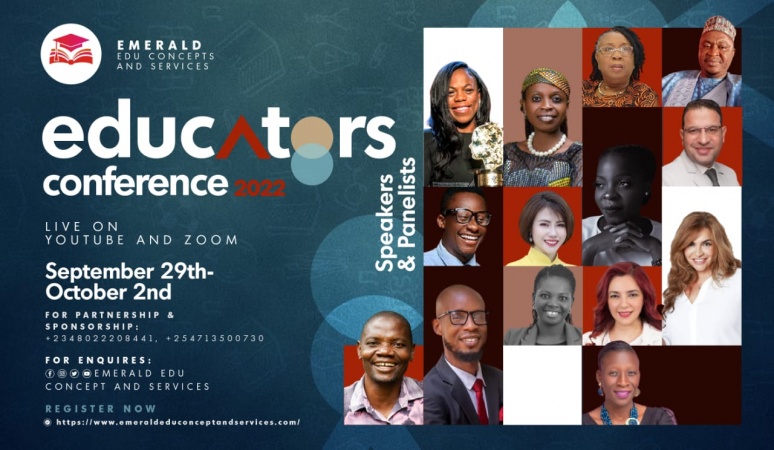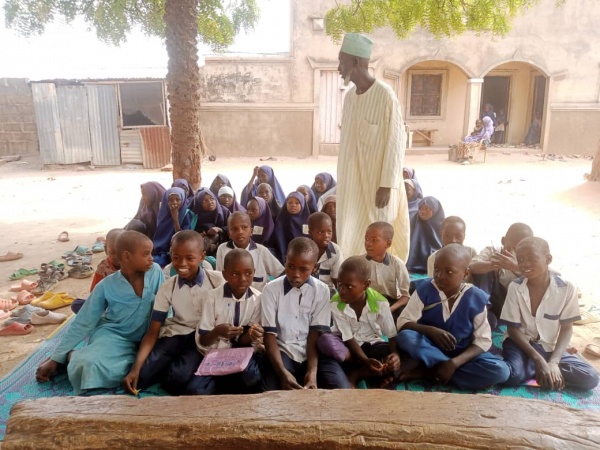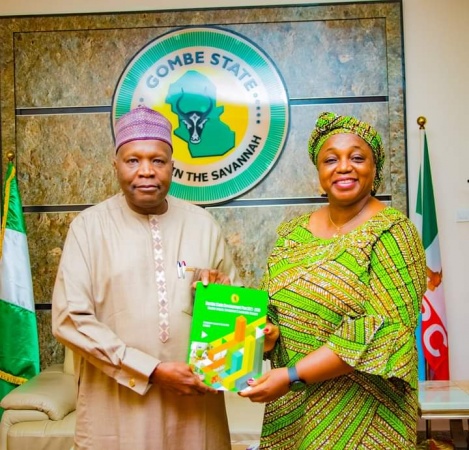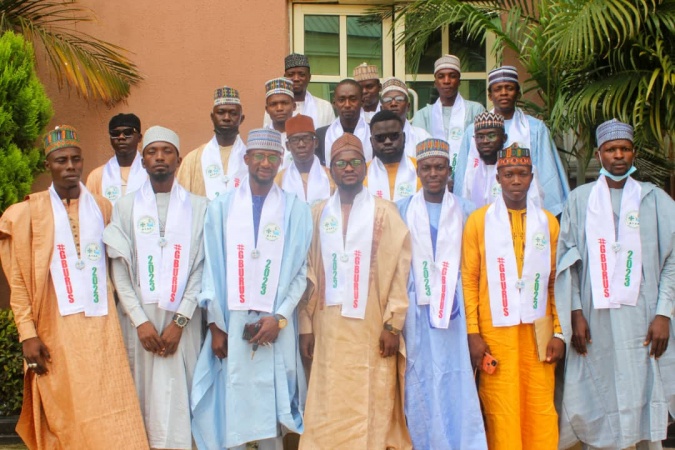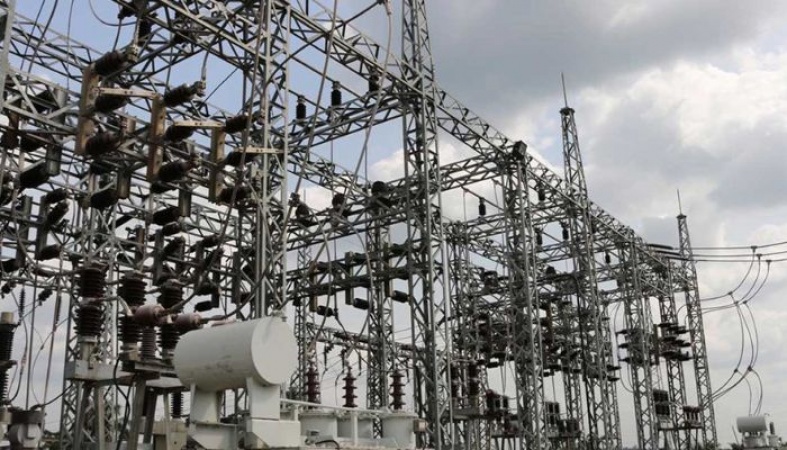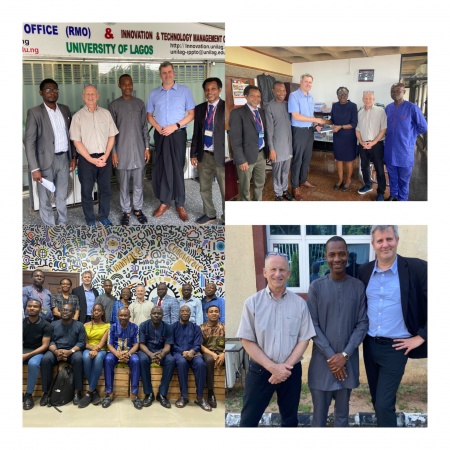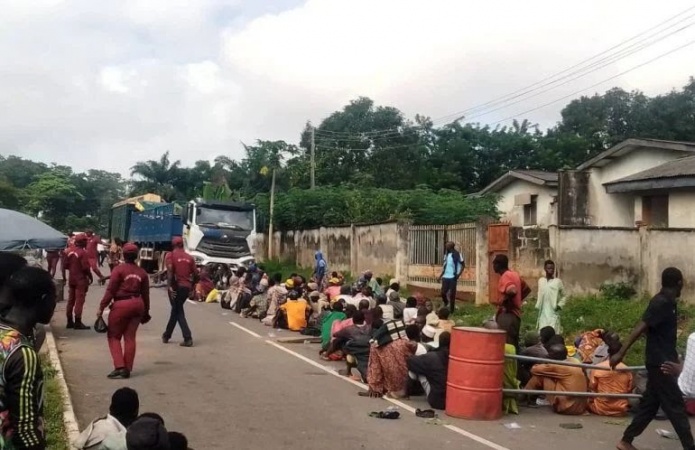#ENDSARS Protest: Experts, Scholars gather to foster dialogue on Complex interplay between visual representation, political dynamics, and societal issues
Posted by Ahmed Iyanda | one year ago | 1,056 times
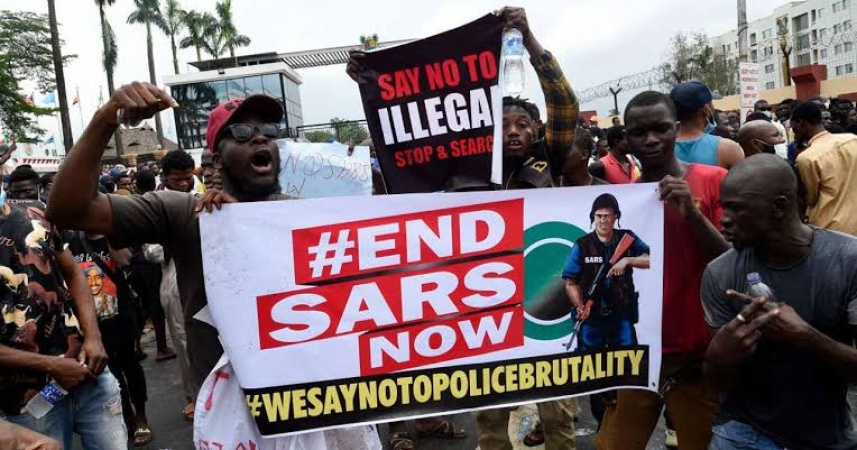
As part of the requirements for fulfilling the completion of project Seminar course taught by Professor Panos Kompatsiaris of the department of Media and Communications, National Research University Higher School of Economics, Moscow, Russia, the Centre for Critical Study for the Nigerian Media recently conveyed an experts' roundtable discussion on issues arising from the 2020 ENDSARS Protest.
The roundtable which was themed "Visual Economy of Nigeria's ENDSARS Protest: The Double-Edge of Brutality," was aimed at discussing the Complex interplay between visual representation, political dynamics, and societal issues.
The discussion was led by Mr Silas Obumneme Udenze, PhD Researcher from Universität Oberta de Catalunya in Spain. Nigeria’s academic community was represented by Associate Professor Abdulrasaq Adisa, Mass Communication Department, University of Ilorin, Kwara State, and Associate Professor Olusegun Liadi, Sociology Department, Fountain University, Osogbo, Osun State. Civil society was represented by Mr Dare Adeoye, Social Development Expert, and Mr Abideen Olasupo, Global Director, Brain Builder Youth Development Initiatives.
Recall in October 2020, young people across Nigeria took to the streets calling for disbanding an abusive police unit known as the Special Anti-Robbery Squad (SARS) and for ending brutality in a movement tagged #EndSARS. Security forces responded with excessive force, including gunfire, which resulted in death and serious injuries.
To this effect, Silas Udenze emphasized the importance of delving into the memories of the protest. The term “visual economy” encompasses the collective impact of images on public discourse, revealing the implicit messages and societal reflections embedded within these visuals.
According to him, the focus should extend beyond the broad concept, emphasizing the importance of scrutinizing the appropriateness of images used to depict issues of democratic governance and governmental irresponsibility.
On Government Perspective and Media Role, Dr. Adisa Rasaq underscores the media's role in shaping public opinion, especially when examining the government's perspective.
Rasaq argues that visual economy becomes a concern primarily when media aims to profit, shedding light on the challenges posed by media ownership. The differentiation in how traditional and social media handle protests highlights the necessity for balanced and responsible coverage during such events.
Dr. Liadi, while speaking on Social Norm Breakdown and Trust Issues, sees the protest as a forceful expression within a social movement, where the voiceless transform into the voiced. The complex relationship between citizens and the police underscores the multifaceted nature of the issues at hand.
On the outcomes of the protest, Mr. Dare Adeoye and Mr. Abideen Olasupo provide contrasting views. Adeoye sees the youth as having spoken powerfully, conveying a powerful message. In contrast, Olasupo acknowledges the government’s potential reluctance to address all youth demands but emphasizes the protest’s success in sending a compelling message. The manipulation of images to mislead the public, as mentioned by Olasupo, raises questions about the role of misinformation in shaping perceptions.
The experts' insights collectively paint a comprehensive picture of the ENDSARS protest's impact, delving into details visual economy, media influence, societal breakdowns, and the outcomes on youth empowerment.
